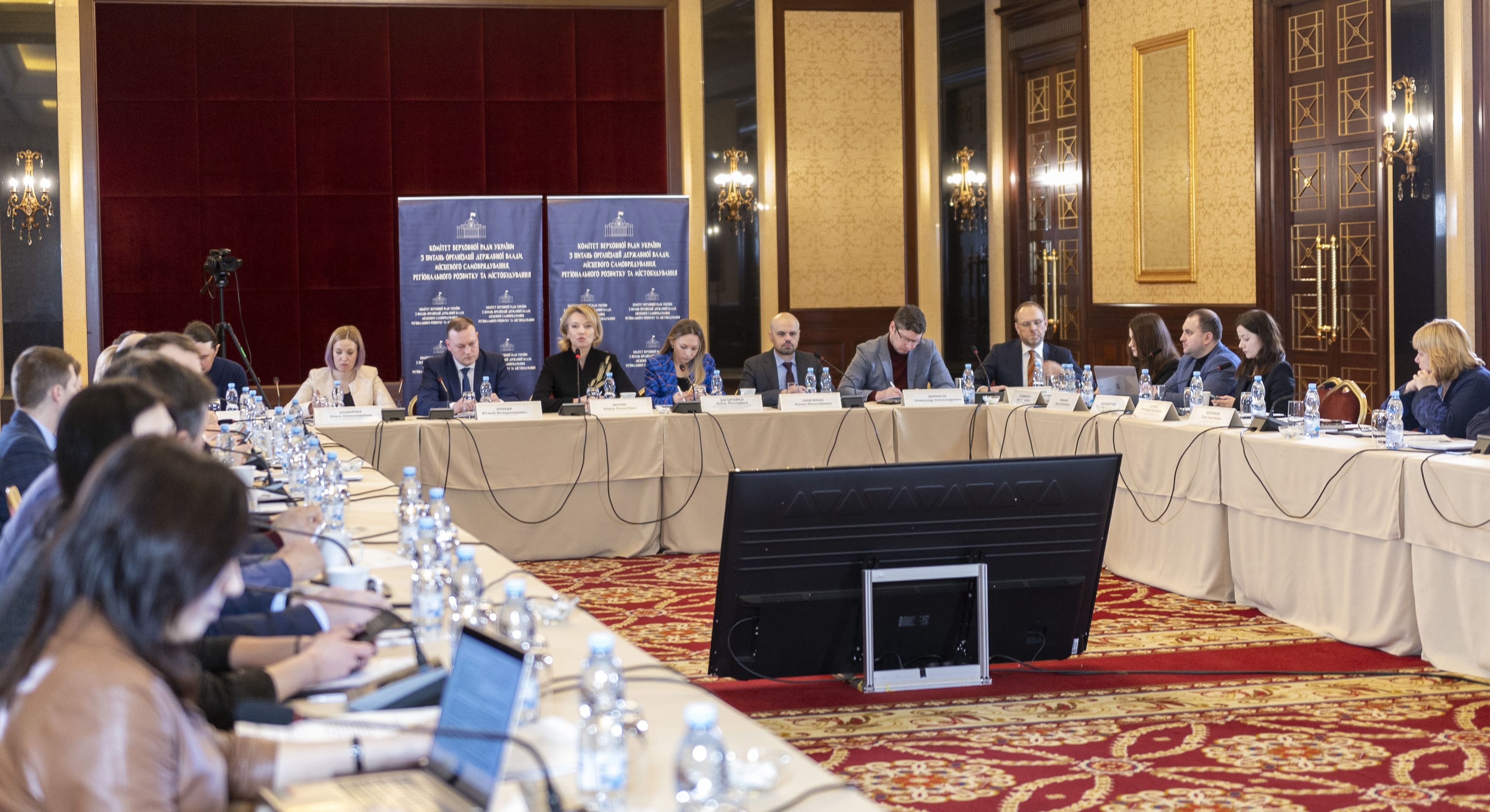Information support for elections and regulation of election campaigning require improvement in the first place because they are currently supported by provisions from 2010. On February, 20, participants of the round table “Prospects for Improving Electoral Legislation or What Has Not Been Included in the Law of Ukraine “On Media” discussed this in Kyiv.
People's deputies of Ukraine, representatives of the Central Election Commission, the National Council of Ukraine on Television and Radio Broadcasting, as well as experts from the civil society came together for the discussion.
Draft Law No. 8310 (Draft Law on Amendments to the Electoral Code of Ukraine on Improving the Regulation of Information Support for Elections and Campaigning) is not new. Its provisions had been previously developed for the law "On Media".
According to Olena Shulyak, People's Deputy of Ukraine, Head of the Committee on the Organization of State Power, Local Self-Government, Regional Development, and Urban Planning, the reform of electoral legislation, specifically in parts on election campaigning, is currently one of the EU integration vectors for Ukraine. After all, fair, transparent, and democratic elections are no less important on the path to European integration than the transparent land market, reforms in the rule of law, transparent urban planning, a.o.
Olena Shulyak emphasized that the draft law No.8310 addresses the main problems in the area of election campaigning regulation. “First of all, it provides a real level of education for all participants in the electoral process. Secondly, it regulates conflicts between different areas of legislation related to elections, such as advertising. This will help close loopholes through which violators of electoral legislation and democratic standards of the electoral process can avoid responsibility,” the MP said. – Thirdly, it guarantees the protection of journalists' rights and their ability to provide objective and unbiased coverage of the election process. Fourthly, it strengthens the regulator's capacity, which will make it possible to quickly and effectively prevent and eliminate violations of the law. ” According to Olena Shulyak, the quality of politics in our country will depend on adherence to the highest democratic standards during the election campaign of any level.
The speaker of the Verkhovna Rada of Ukraine, Oleksandr Korniyenko, recalled that at the end of 2022, the Verkhovna Rada, in a political dialogue, had to delete these provisions from the Law On Media. The MP personally welcomed the registration of the draft law No. 8310 and expressed his support at the level of the Presidium of the Verkhovna Rada. “It is important that the draft law is adopted in the shortest possible time, and not in a distorted form. Of course, political discussions will continue in the Committees in the session hall," Kornienko added.
Chairman of the Subcommittee on Elections, Referendums and Other Forms of Direct Democracy at the Committee on the Organization of State Power, Local Self-Government, Regional Development, and Urban Planning, Alina Zagoruiko, highlighted that the initiators of the draft law No.8310 tried to solve a number of global issues on the regulation of election campaigning, in particular, the issue of online campaigning and covert campaigning. According to the MP, before the second reading, the bill will pass a few more rounds of discussions.
Deputy Chairman of the Central Election Commission, Vitalii Plukar, noted the positive innovations of the draft law, which will contribute to the improvement of information support for elections and campaigning. However, he also warned: “Provisions on early campaigning need further elaboration. After the victory, Ukraine will have many elections. Therefore, it is important that we start a broad professional discussion still today. New elections should be held according to the updated legislation.”
According to Oleksandr Burmagin, a member of the National Council of Ukraine on Television and Radio Broadcasting, draft law No.8310 takes into account the positions of many parliamentary factions and groups, because consensus appeared back during the discussions on media reform. “According to the National Council, it is not logical that the Media Law provides for the creation of a regulator that works with all types of media, including online. He also believes that for violation of electoral legislation in the field of information and campaigning, the regulator will be able to apply sanctions, while the Electoral Code stayed at the level of 2010.” The expert emphasized that this draft law, as well as amendments to the Electoral Code, is an integral part of the media reform. Moreover, until now, the regulator has been mostly an observer, which was pointed out during all election campaigns by international missions and national observers, in their monitoring reports.
On the other hand, Serhii Vlasenko, MP of Ukraine, member of the Committee on Legal Policy, said that he was not sure that a consensus would be built among the deputies of the Verkhovna Rada on draft law No. 8310. "It is possible to ensure fair elections through equal access of candidates to the media and regulation of the rights of participants in the election process," he highlighted.
“The first post-war elections will run under the scrutiny of our European friends, and in a high focus of most citizens who participate in the elections and want to determine their future,” said Roman Lyubchenko, Deputy Director of the International Foundation for Electoral Systems (IFES) in Ukraine. “Therefore, discussion of the information component of electoral processes is extremely important. It will play a crucial role, especially with the emergence of new political players after the victory.”
Olha Kotsiuruba, Senior Legal Advisor of the Civil Network OPORA, reminded that in 2019, during the adoption of the Electoral Code, OPORA emphasized its significant shortcoming – the provisions on the regulation of electoral campaigning: “Unfortunately, with the loss of positive developments, we returned to regulation, which in some respects is less progressive than the Law of Ukraine “On Election of People's Deputies.” Therefore, the relevance of draft law No.8310 is hard to overestimate.”
OPORA produced its expert analysis of the proposed changes, which was presented by the legal adviser of the organization, Pavlo Romaniuk, during the event. According to experts on electoral legislation and representatives of OPORA who have extensive experience in public observation of elections, the main positive innovations of the draft law are the definition of covert campaigning; empowerment of journalists and media in the electoral process; regulation of online campaigning; empowerment of the National Council of Ukraine on Television and Radio Broadcasting; expansion of the range of subjects with limited participation in campaigning; changes in the approaches to voter bribery; changes in the publication of the results of public opinion polls; and improvement in the legal regulation of the right to reply.
OPORA believes that draft law No.8310 does not eliminate the problem of early campaigning, which will require additional mechanisms. It is also worth considering the possibility of extending the terms of storage of all programs containing election campaigning, so that they are aligned with the terms of prosecution. This will help ensure the inescapable nature of punishment for persons guilty of electoral offenses.
“Ukraine has a problem when candidates or their representatives are regularly invited to various media programs as experts, notes Pavlo Romaniuk. – An approach to the participation of candidates and their representatives in live programs should account for equal opportunities for other subjects of the electoral process.”
Other comments of the legal assessment of Civil Network OPORA concern the establishment of additional guarantees for election campaigning by holding rallies, campaigns, demonstrations, pickets, setting tents; changing approaches to the production of campaigning materials with their own equipment; clarifying the status of the Expert Council; provisions on changing legal regimes for placing election campaigning materials.



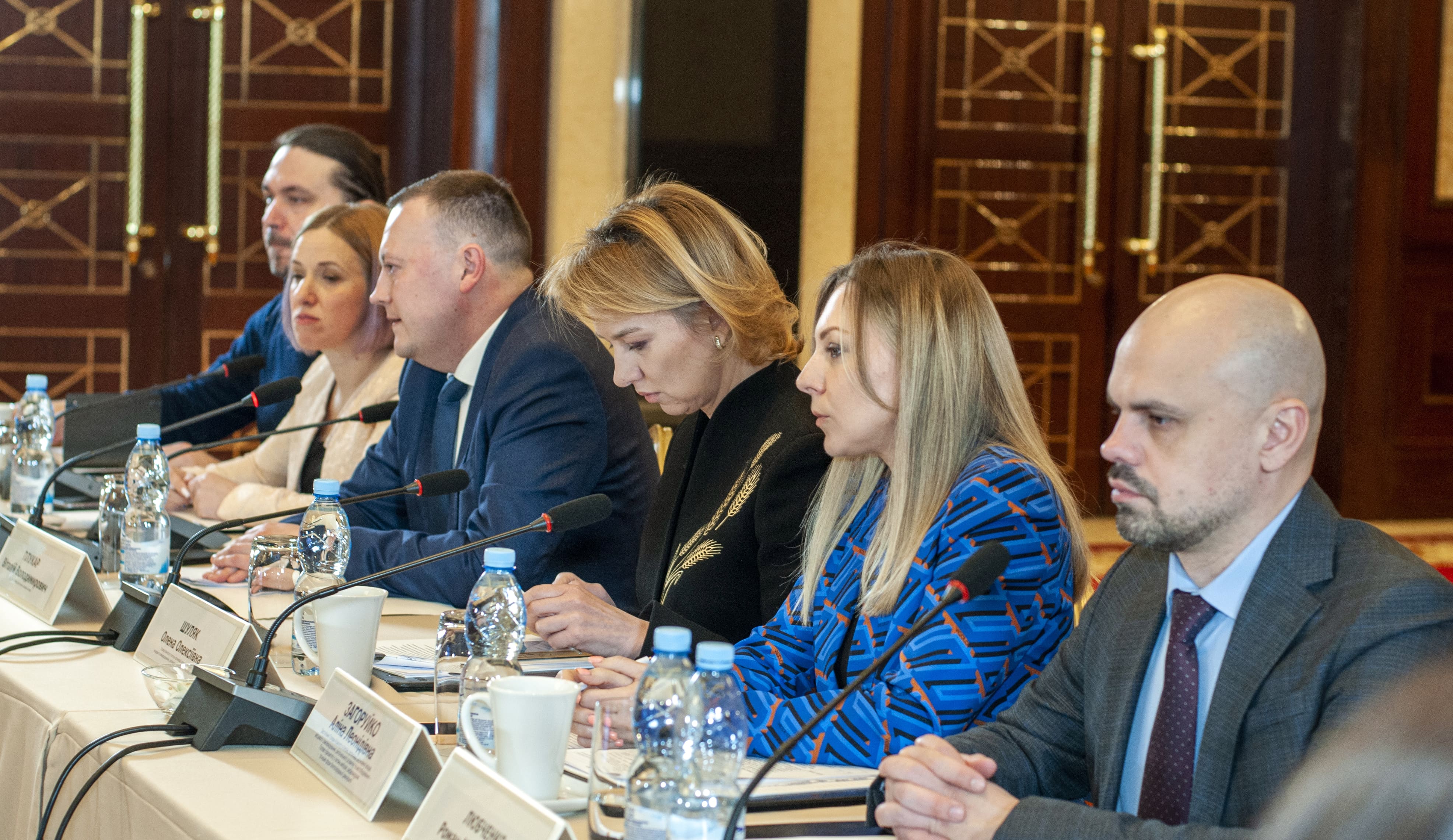


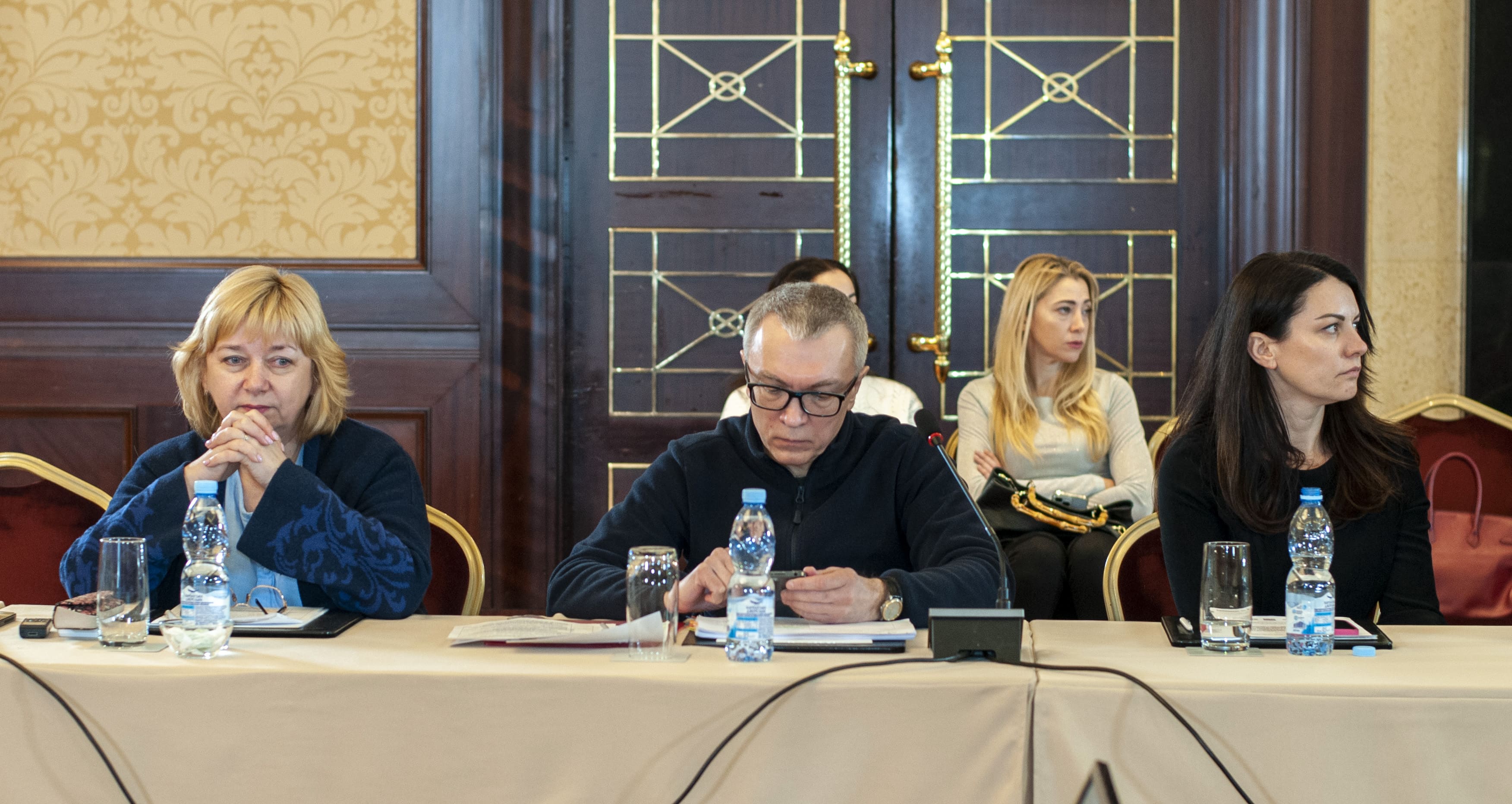
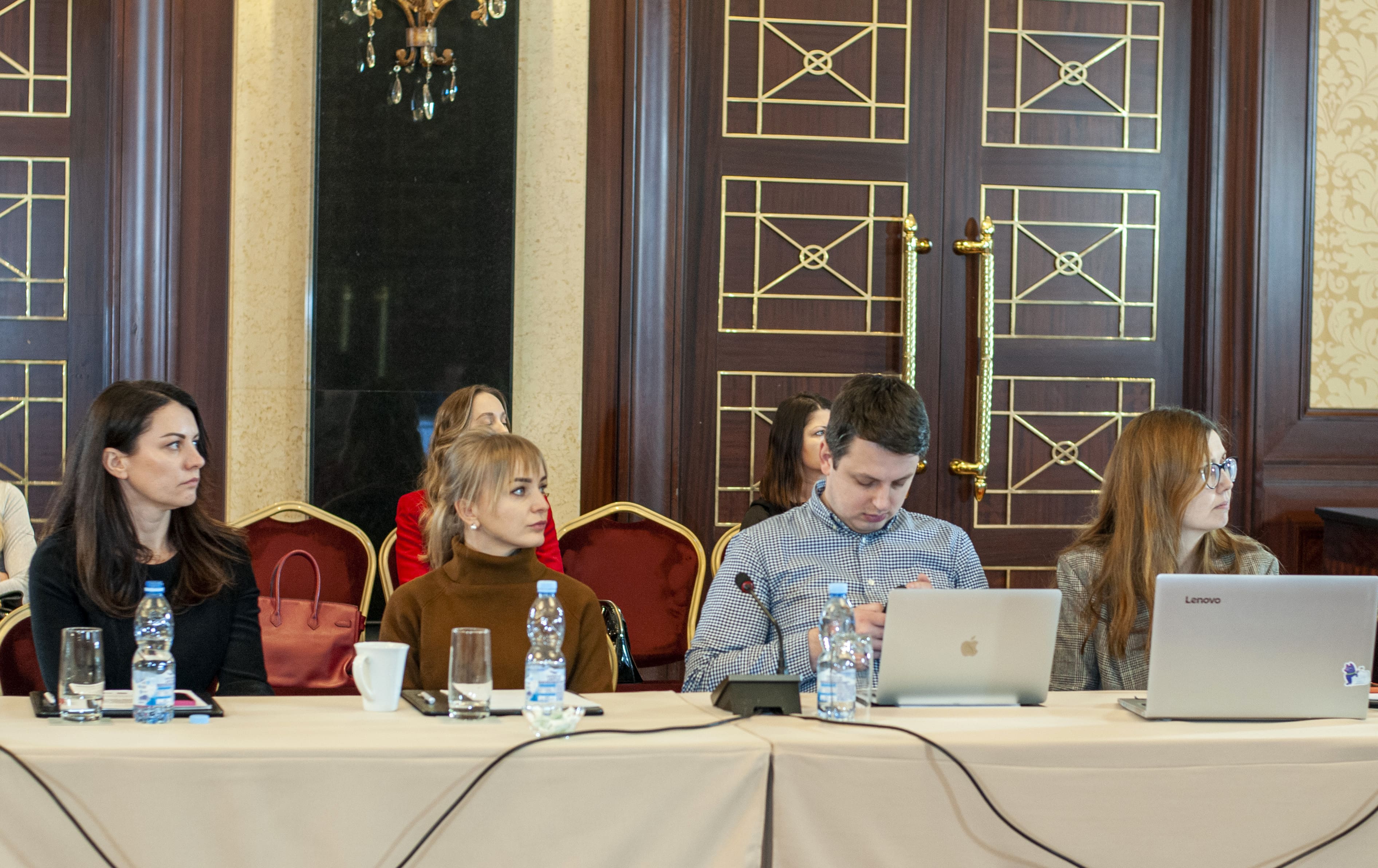
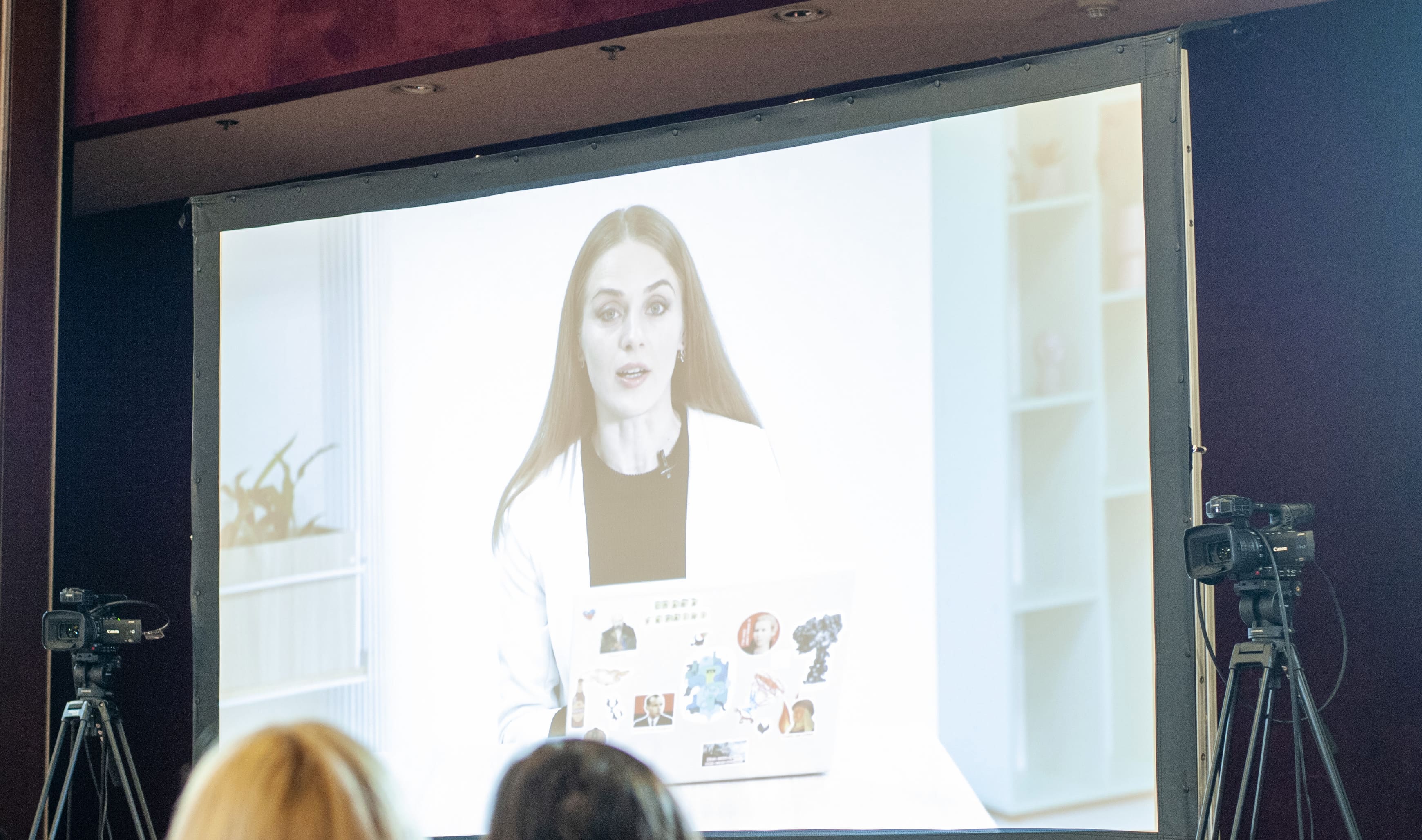
VIDEO (in Ukrainaian)
This event was organized with the support of the Civil Network OPORA and the International Foundation for Electoral Systems (IFES) in Ukraine, assisted by the United States Agency for International Development (USAID), the Ministry of International Affairs of Canada (Global Affairs Canada) and UK aid from the Government of the United Kingdom. Any opinions expressed during the event are those of the authors and do not necessarily reflect the views of USAID, the U.S. Government, the Department of Foreign Affairs of Canada, the Government of Canada, the British Embassy in Ukraine, or the Government of the United Kingdom.
